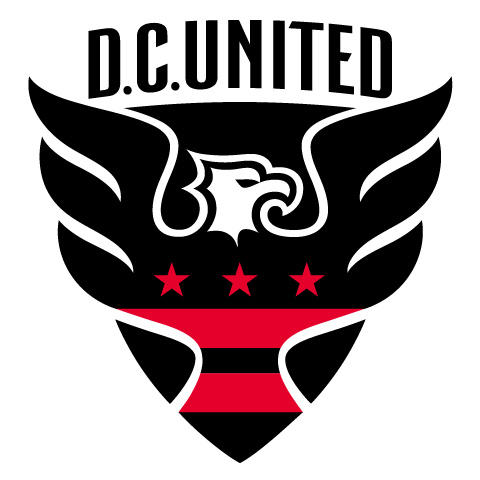WASHINGTON -- Nearly every morning, shouts and conversations echo through the subterranean hallways of RFK Stadium as D.C. United players head to and from their training sessions and weight room workouts. English and Spanish are traditionally the capital club's dominant tongues, but this season they've been supplemented by the flowing tones of French thanks to new signings Ange N'Silu and David Habarugira, both of whom hail from Francophone Africa.The language is spoken by hundreds of millions across the globe. However, its presence at RFK poses problems when it comes to basic transmission of tasks, tactics and expectations between the duo and their coaches and teammates.Thank goodness, then, for Andrew Jacobson. The Californian had little choice but to pick up the local language when he left the United States for a season abroad with French side FC Lorient last year and in an unexpected twist, his bilingualism has become a crucial element in United's ability to assimilate two of their African imports."In the beginning it was very difficult for me because I knew nothing of the language, knew nothing of the culture," said N'Silu earlier this season. "I had to rely on Andrew to get anything done."D.C.'s top 2008 SuperDraft pick, Jacobson knew his stint in Europe would help his professional development in myriad ways and he's been able to carve out a respectable amount of playing time in United's crowded central midfield over the course of the current campaign. But the most immediate benefit has turned out to be his ability to serve as the team's de facto French translator."I think in every team around the world, it's always that way. Players come in that don't speak the language, and anybody who does speak the language helps them adjust," said Jacobson. "So I knew there was a chance this would happen. It's just part of being a soccer player."He vividly remembers the confusion and frustration he and his girlfriend experienced when their move to Lorient, a port town in the Brittany region, immersed them in the midst of a foreign culture with little to no linguistic skills."There were about four or five guys that spoke English pretty well and helped me so much," said Jacobson of his time at the Ligue 1 club. "That's why I'm more than happy to do it for guys here in D.C."N'Silu and Habarugira are doing their best to learn English. But the acclimation process becomes problematic in match situations, where the intensity of the moment makes the extra mental effort that much harder."I understand a tiny bit [of English], but it's very difficult to speak, especially when you're focused on the game itself," said Habarugira. The defender was born in the small African nation of Burundi but spent most of his life in Belgium, Burundi's former colonizer.Jacobson, who usually translates when his French-speaking teammates are interviewed by the media, agrees."I remember, it was the same thing for me," he said. "You can speak a little, but when you're focusing on the game and you just want to say something, you've got to adjust to thinking about speaking, rather than the game. You have to adjust what you're thinking about."Jacobson says his French has actually improved thanks to daily conversations with N'Silu and Habarugira, although the latter's Belgian dialect is "totally different," with more slang and a more rapid cadence. Meanwhile, his American teammates have taken notice as well."Yeah, I hear about it, all the little French jokes and stuff," said Jacobson. "I've got to remind them that I'm not actually French."But there's little doubt that his ability to play the intermediary has made life much easier for those on both side of the language divide."Some guys just have to fall into that role, unfortunately," said D.C. head coach Tom Soehn. "You never know what opportunities will come as far as getting players -- through these last few months, it seems like the ones we've gotten have French backgrounds. So it's put him in a little bit of a different responsibility."

